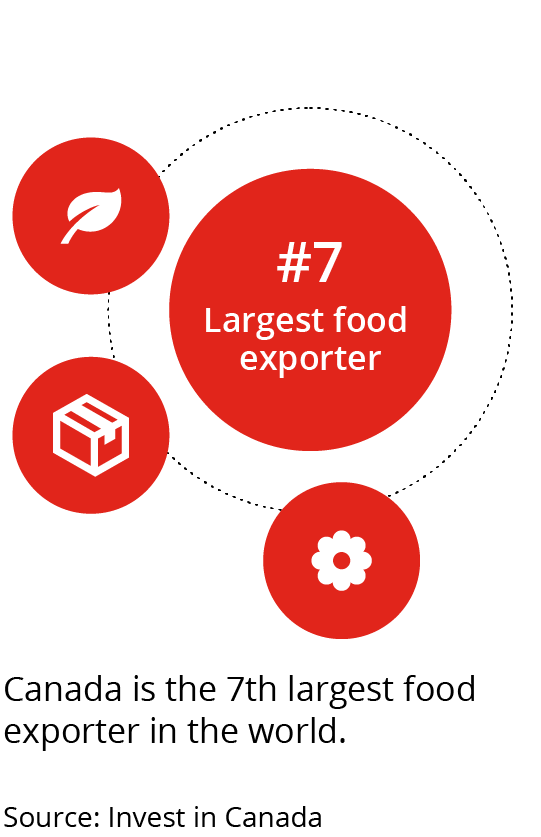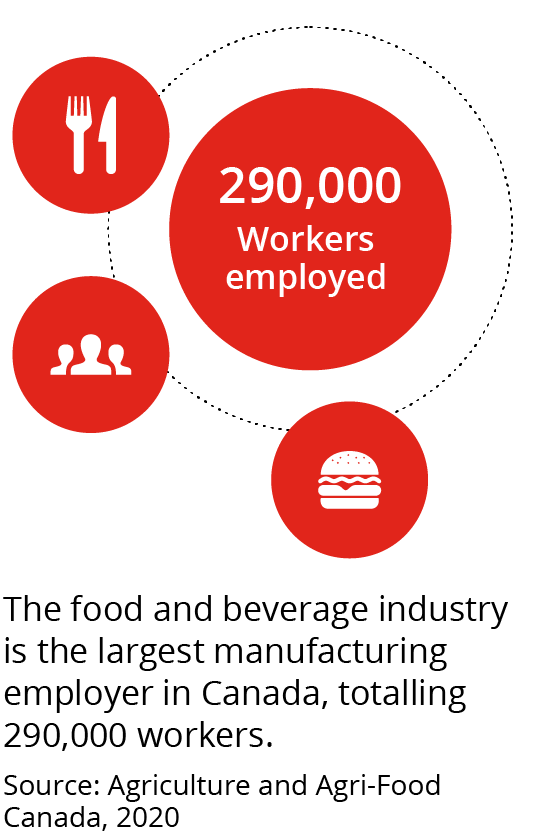With its unique blend of location, openness and innovation, Canada is ideally placed to create supply chains that are both efficient and resilient
Whether it’s the blockage of the Suez Canal by an immobilised supertanker or shortages in vaccines and personal protective equipment associated with the Covid-19 pandemic, the events of 2020 and 2021 have been seen by many as evidence of the fragility of supply chains and of the need for a reset in the way the world does business – towards more resilient regional and local networks.
The world’s tenth largest economy by GDP, Canada looks well set to benefit from this changing landscape. Much of its industrial capacity is ideally located to profit from the country’s close links to its largest export partner, the US; and Canada also enjoys strong links to the European, Asian and Australasian economies through favourable trading agreements with more than 50 countries.
Source: theworldcounts.com
The economic contribution of the North American continent
Source: Government of Canada, 2018
Canada’s agri-food industries
In 2019, Charoen Pokphand Foods (CPF) purchased HyLife for C$498m (US$372m), which made the Thai food conglomerate a majority owner of Canada’s leading producer and global exporter of pork products alongside its Japanese partner, Itochu Corp. While providing CPF and Hylife with access to both the North American and Asian pork markets, the move also means that fresh Canadian pork can now reach Japan and the world’s largest pork market, China, in peak condition.
Owing to a growing demand for plant-based proteins among increasingly health-conscious consumers, Canada’s protein industry has recorded strong growth, with a compound annual growth rate (CAGR) of 23.7 per cent between 2018 and 2020 and forecasted at 13.3 per cent between 2021 and 2027. Plant protein consumption in the country looks set to increase from US$502.4m in 2020 to US$1.3bn by 2027. Valued at C$18.5bn in 2019, the industry is predicted to be worth C$40.6bn by 2025.
[Canada’s] advantages in these supply chains stem from a combination of existing assets and emerging competitive strengths.
Source: GlobeNewswire
Value of the protein industry in Canada
With its access to raw materials and global markets, its well-established and efficient logistics infrastructure and highly educated workforce, low taxes and associated costs, Canada is a compelling investment opportunity for companies that are looking to secure their supply chains across the world.
Back to top









